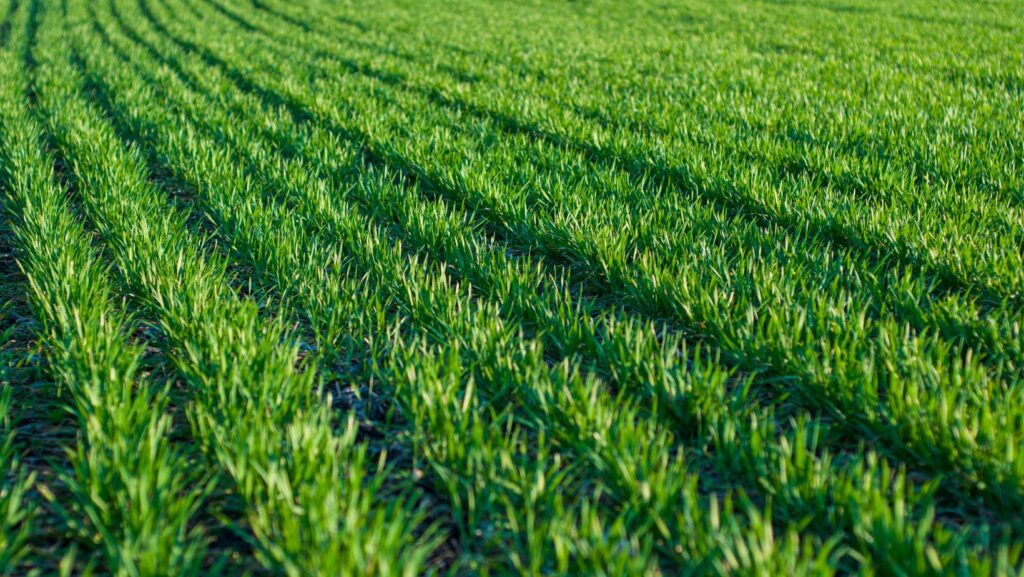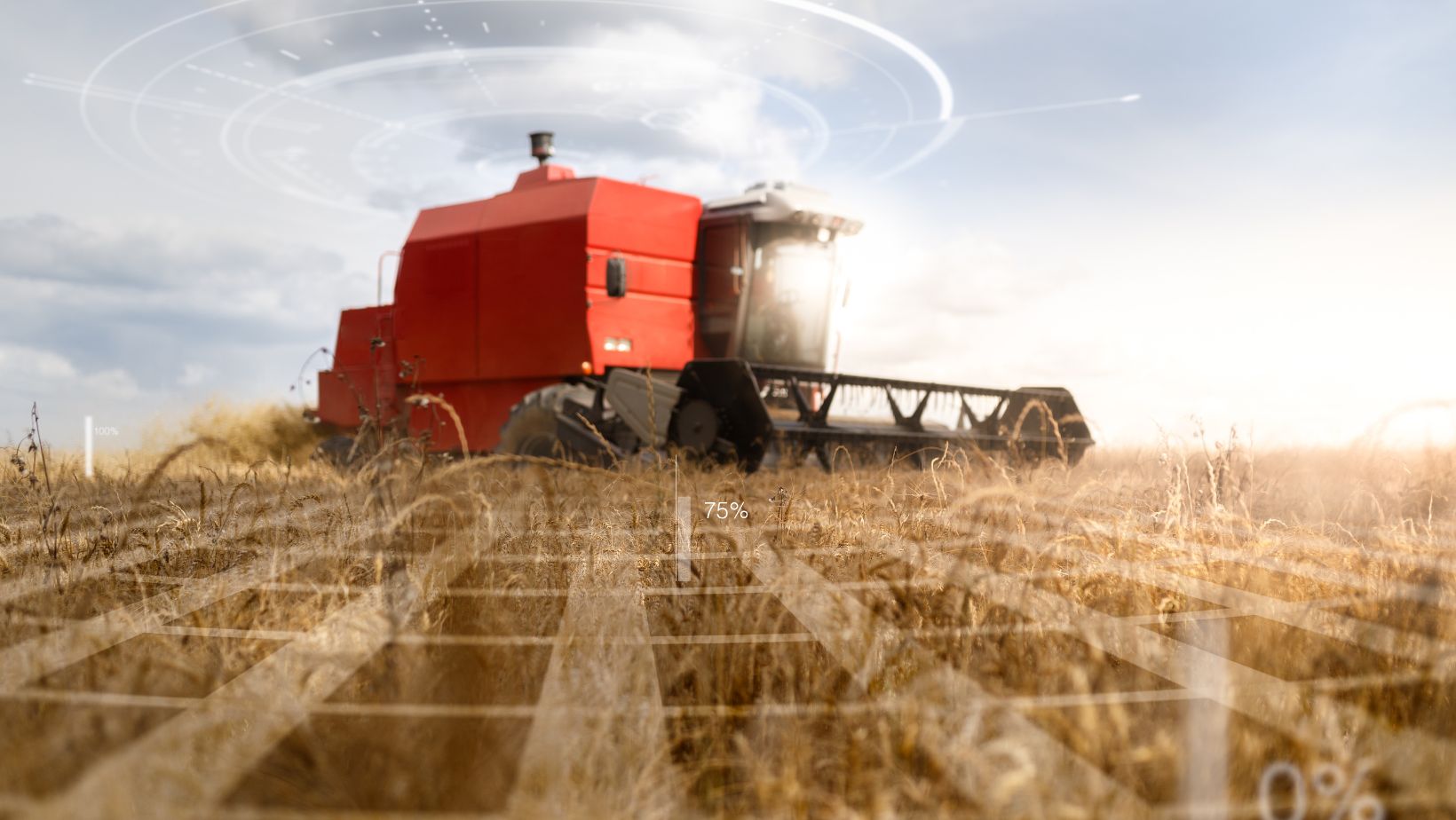
Grain For Gain: How to Invest in Wheat Futures
How to Invest in Wheat Futures
Firstly, it’s important to understand what exactly wheat futures are. Futures contracts allow investors to buy or sell a specified amount of wheat at a predetermined price and date in the future. This provides an opportunity to profit from anticipated changes in the price of wheat without physically owning the commodity.
To get started with investing in wheat futures, you’ll need to open an account with a reputable brokerage firm that offers commodity trading services. Once your account is set up, familiarize yourself with the basics of futures trading and educate yourself on market trends and factors that influence wheat prices.
Next, conduct thorough research on supply and demand dynamics, weather patterns, government policies, and global economic conditions that may impact wheat prices. This information will help you make informed decisions when entering or exiting positions.

Understanding Wheat Futures
The Basics of Wheat Futures
Wheat futures are financial contracts that allow investors to speculate on the future price movements of wheat. These contracts represent an agreement to buy or sell a specific quantity of wheat at a predetermined price and date in the future. They are traded on commodity exchanges, such as the Chicago Board of Trade (CBOT), providing investors with exposure to the fluctuating prices of this essential agricultural commodity.
Factors to Consider Before Investing in Wheat Futures
Before diving into investing in wheat futures, there are several important factors you should consider:
- Market Analysis
- Risk Management
- Understanding Market Volatility
- Commodity Market Knowledge
- Broker Selection
Remember to always consult with a financial advisor or professional before making any investment decisions. Investing in wheat futures can be a lucrative venture for those looking to diversify their investment portfolio. Here are some key benefits of investing in wheat futures:
- Profit potential: One of the primary attractions of investing in wheat futures is the potential for significant profits. As an agricultural commodity, wheat prices are influenced by various factors such as weather conditions, global demand, and supply fluctuations. By carefully analyzing market trends and making informed predictions, investors can capitalize on price movements to generate substantial returns.
- Hedging against inflation: Wheat futures provide an excellent tool for hedging against inflationary pressures. In times of rising prices, the value of commodities like wheat tends to increase as well. By investing in wheat futures, individuals can protect their wealth from eroding due to inflationary forces and ensure a more stable financial future.
- Portfolio diversification: Adding wheat futures to your investment mix can help diversify your portfolio beyond traditional stocks and bonds. Diversification is crucial for reducing risk since different asset classes often react differently to market fluctuations. By including commodities like wheat in your investment strategy, you can potentially offset losses incurred by other investments during periods of economic downturns.
- Global demand: Wheat is one of the world’s most important staple crops and plays a vital role in feeding populations across the globe. With the ever-increasing global population and changing dietary habits, there is a consistent demand for this essential grain commodity. Investing in wheat futures allows investors to tap into this growing demand and take advantage of potential price appreciation.
- Liquidity: The commodity markets, including wheat futures, offer high liquidity compared to certain other investment options such as real estate or private equity funds. This means that investors can buy or sell contracts easily without impacting market prices significantly. The ability to enter or exit positions quickly provides flexibility and enhances overall trading efficiency.
It’s important to note that investing in any financial instrument carries inherent risks, including the possibility of losses. Therefore, it’s advisable to thoroughly research and understand the wheat market dynamics before venturing into wheat futures trading.
Consulting with a financial advisor or expert in commodity trading can also provide valuable insights and guidance for successful investing in wheat futures.
To sum up, investing in wheat futures can be a lucrative opportunity for those interested in the agricultural commodities market. Remember that investing in wheat futures involves inherent risks due to volatility in commodity prices and other external factors beyond individual control.
Therefore, it’s important always to consult with financial professionals or experts before making any significant investment decisions.





